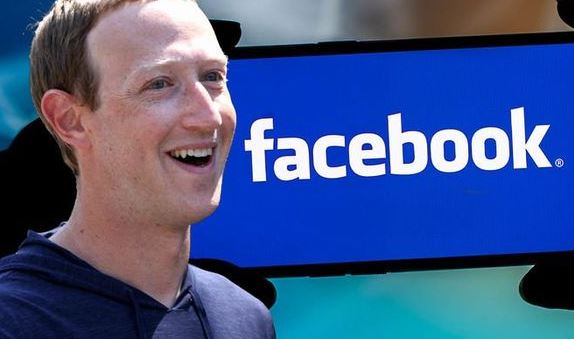
Mark Zuckerberg Loses $6 Billion After Facebook, Instagram And Whatsapp Outage Which Lasted For 6 hours
Posted by Amarachi on Tue 05th Oct, 2021 - tori.ngMark Zuckerberg
More than $6 billion has been lost by Mark Zuckerberg after the 6-hour outage experienced on Facebook, Instagram and Whatsapp yesterday, October 4.
This knocked him down a notch on the list of the world’s richest people.
Yesterday outage was one of the longest outages Facebook and its services like WhatsApp and Instagram faced. Facebook in a blog noted that the cause of the global outage was a glitch in routers. Facebook has blamed the outage on faulty configuration change.
Hours before the outage, a whistleblower came forward and revealed her identity which also likely contributed to the outage. In just a few hours, Zuckerberg's personal wealth was reduced by over $6 billion.
According to the Bloomberg Billionaires Index, this has cost Zuckerberg the fifth position among billionaires. Now, he stands with $120.9 billion in sixth place, behind Bill Gates. Shares of Facebook plummeted about 5 per cent, adding to a 15 per cent drop since mid-September. The index also revealed that Zuckerberg is down from almost $140 billion in a matter of weeks.
His networth began plumettiing after Wall Street Journal began publishing a series of stories based on a cache of internal documents it obtained from a whistleblower, revealing that Facebook knew about a wide range of problems with its products such as Instagram's harm to teenage girls' mental health and misinformation about the January 6 Capitol riots, while downplaying the issues in public.
The reports have drawn the attention of government officials, and on Monday October 3, the whistleblower revealed herself. Frances Haugen, 37, revealed her identity after she applied for federal whistleblower protection. Haugen had presented internal documents that went to Congress, the Securities and Exchange Commission, and The Wall Street Journal.
She decided to reveal her identity and noted that Facebook realised that if they change the algorithm to be safer, people will spend less time on the site, and will click on fewer ads, making less money. It was Haugen who presented papers and information on Instagram being harmful to teenager's mental health that has led to the platform pausing Instagram Kids.
Responding to the claims, Facebook has emphasised that the issues facing its products, including political polarisation are complex and not caused by technology alone.
Nick Clegg, Facebook's vice president of global affairs, told CNN;
"I think it gives people comfort to assume that there must be a technological or a technical explanation for the issues of political polarisation in the United States."



















































